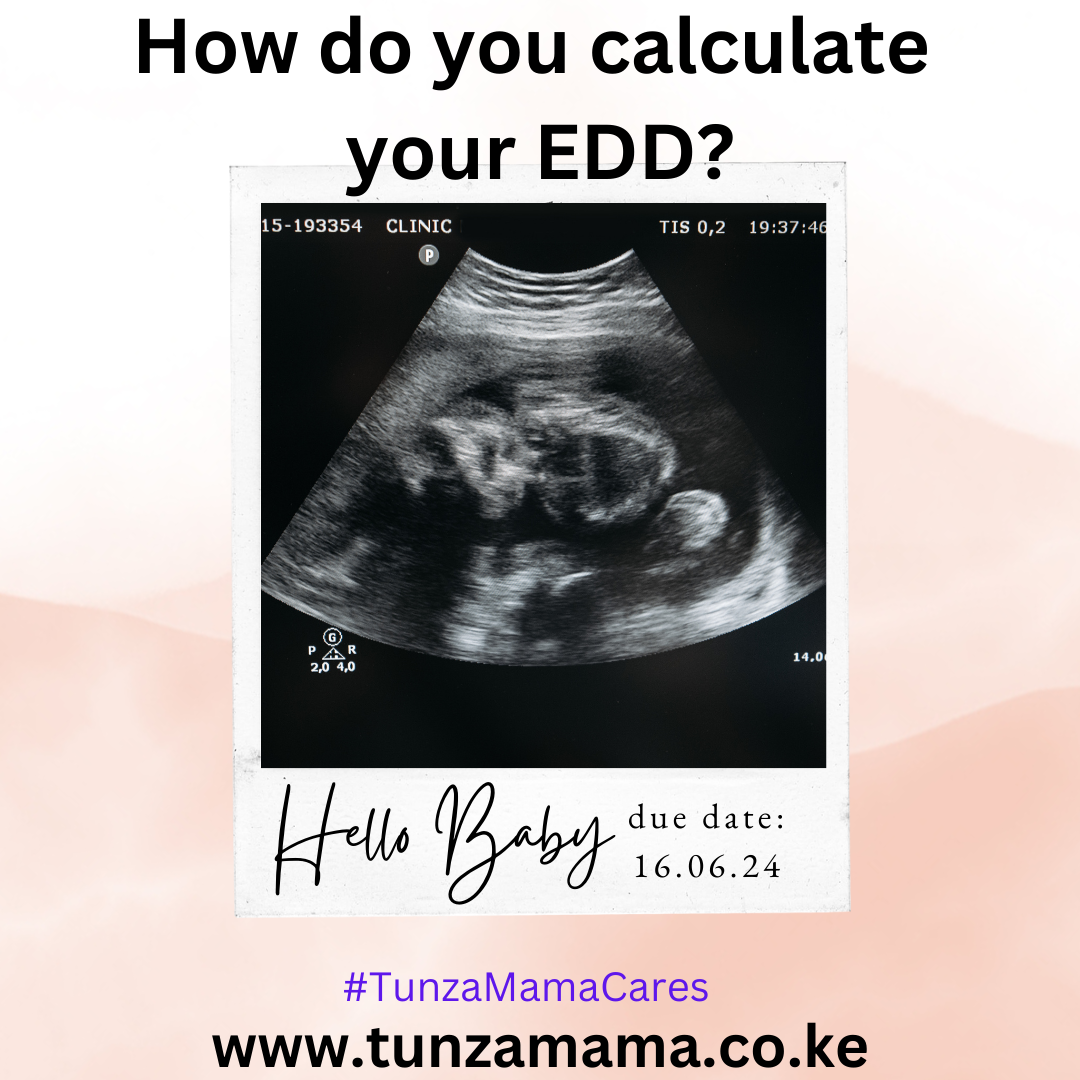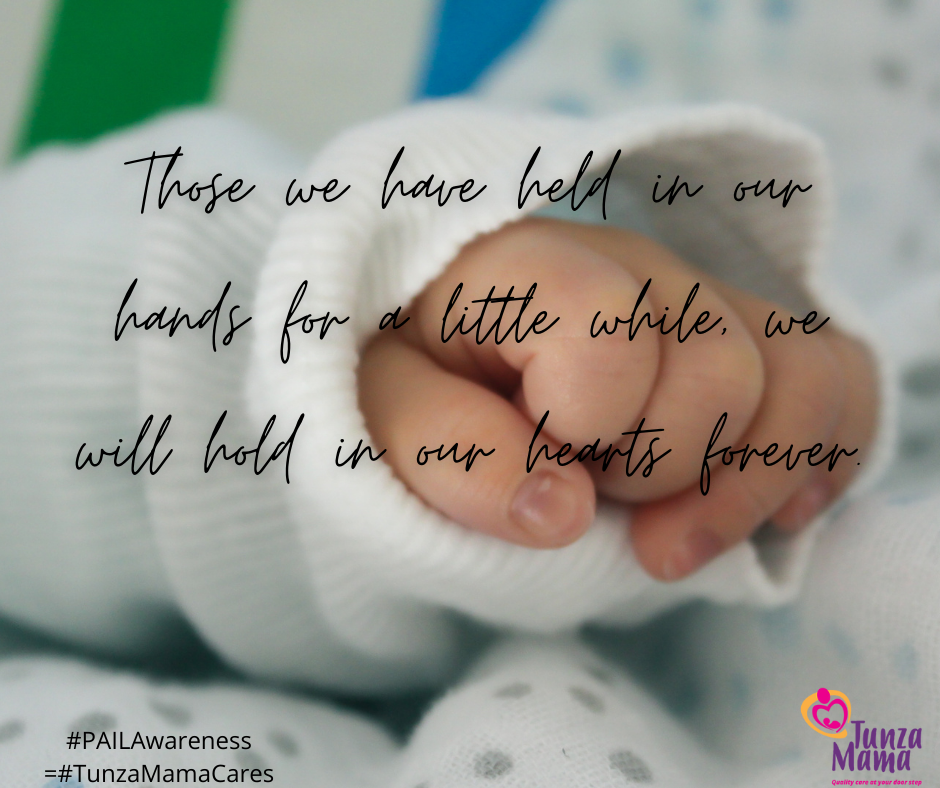Introduction
Bringing new life into this world is a miraculous journey, filled with excitement and anticipation. However, as Kenyan women between the ages of 25 and 40 embark on this reproductive adventure, they are often bombarded with various pregnancy myths that can lead to confusion and unnecessary worry. In this blog post, we aim to debunk the top five pregnancy myths prevailing in Kenya, empowering women with accurate information and ensuring a healthier and stress-free pregnancy experience. Let’s dive in and discover the truth behind these common misconceptions!
- Myth: Eating for Two
One of the most pervasive pregnancy myths is that expectant mothers must eat significantly more to nourish both themselves and their growing baby. In reality, during the first trimester, the caloric intake remains relatively the same. As the pregnancy progresses, an additional 300-500 calories per day are recommended, depending on individual needs. Focus on nutrient-dense foods like fruits, vegetables, lean proteins, and whole grains to support your baby’s growth without unnecessary weight gain.
- Myth: Avoid Exercise During Pregnancy
Contrary to popular belief, staying active during pregnancy is highly beneficial for both the mother and the baby. Regular, low-impact exercises like walking, swimming, and prenatal yoga can help manage weight, reduce discomfort, and prepare the body for labor. Always consult your healthcare provider before starting any exercise routine to ensure it aligns with your unique health needs.

- Myth: Gender Prediction through Heartbeat
The belief that the baby’s gender can be determined by the heartbeat rate is a common misconception. This myth suggests that a faster heartbeat indicates a baby girl, while a slower one indicates a baby boy. In truth, fetal heart rates vary throughout pregnancy and are influenced by numerous factors. The only surefire way to know your baby’s gender is through prenatal tests or ultrasound scans.
- Myth: Avoiding Intimacy during Pregnancy
Some couples fear that intimacy during pregnancy may harm the baby or cause complications. On the contrary, physical intimacy, unless advised against by a healthcare professional due to specific medical reasons, is generally safe and can strengthen the emotional bond between partners. However, communication is key, and it’s essential to share any concerns or discomfort with your partner and healthcare provider.
- Myth: Morning Sickness Only Happens in the Morning
Morning sickness can be one of the most challenging aspects of early pregnancy, but the name can be misleading. Nausea and vomiting can occur at any time of the day. While the exact cause is not entirely understood, hormonal changes are believed to be a significant factor. If morning sickness becomes severe and affects your daily life, consult your doctor for guidance on managing the symptoms.
Conclusion
Tunza Mama is helping dispel these common pregnancy myths with our Birth Preparation package. Check out The Tunza Mama Birth preparation package available during pregnancy – from 28 weeks gestation. Click here to learn more.
Remember, every pregnancy is unique, and it’s essential to seek guidance from healthcare professionals for personalized care. Embrace this beautiful phase of life with a focus on nutrition, fitness, and emotional well-being. Educating ourselves and supporting each other is the key to a healthy and empowered pregnancy experience.





